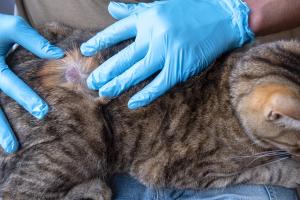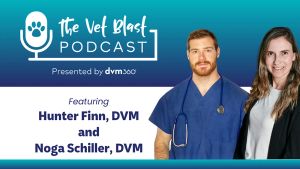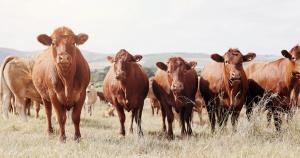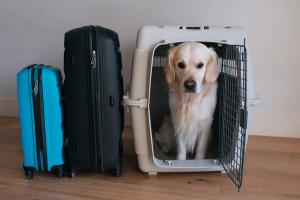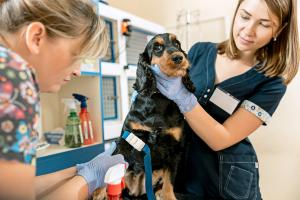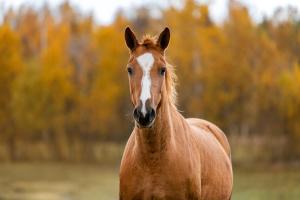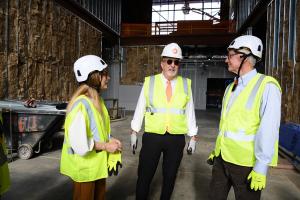News
All series
Advertisement
Advertisement
Trending on dvm360
1
Thailand makes history with nation's first cat pacemaker surgery
2
Cynthia M. Otto reports research showing the benefits of a trained head dunk to prevent heat stroke in dogs
3
FDA conditionally approves topical drug for cattle to prevent and treat New World screwworm
4
Understanding oncology diagnostics and therapeutics
5


